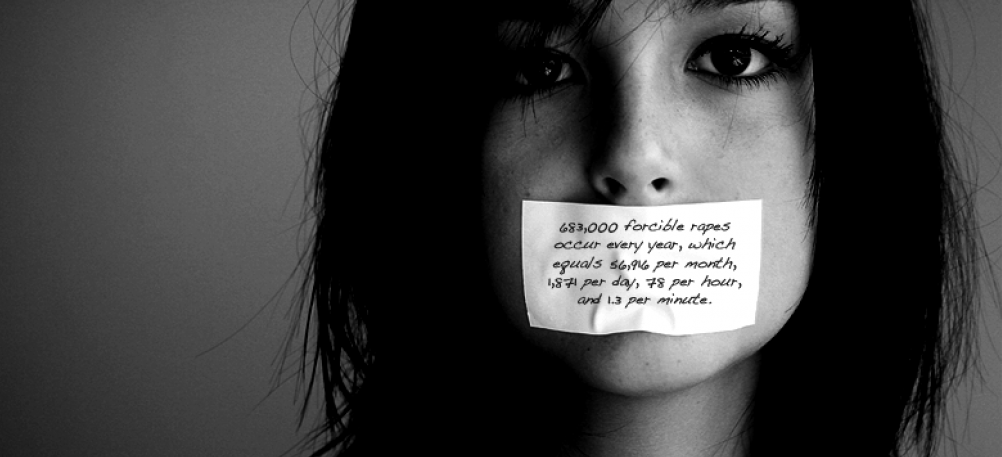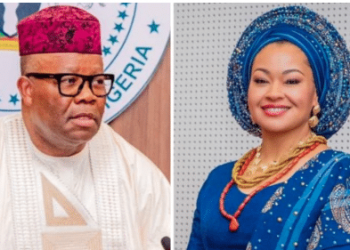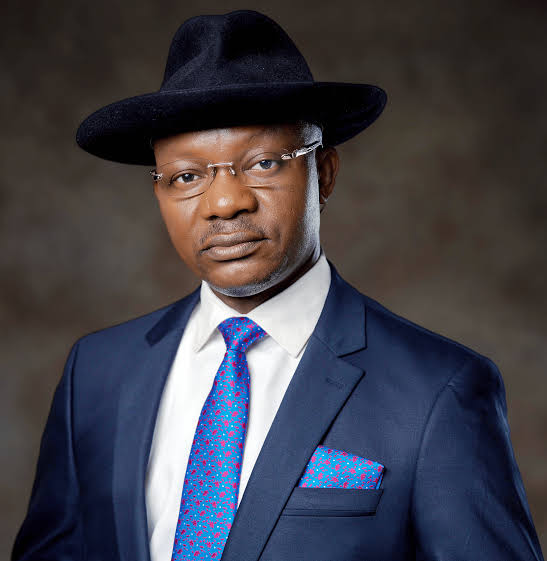The trauma of rape is one that nobody should have to deal with, man or woman not even a child. In Nigeria and other African countries, there seems to be a culture of silence surrounding rape and victims are not allowed to talk about it or seek help beyond the initial medical processes.
Also, sometimes the silence goes as far as not seeking any punishment for the perpetrator of the crime, especially in cases where it is a close family member. The victims are not allowed to talk about it but are rather encouraged to forget it. While the fear of stigmatization may be the reason this happens, not allowing victims to speak up may well cause more harm to the victim than the rape itself.
There is a reason why victims of different trauma are advised to seek therapy. According to Lindsay Holmes, Senior Wellness Editor for Huffpost, therapy is an incredibly useful tool that helps with a range of issues from anxiety to sleep to relationships to trauma. All these areas are likely to be affected in the lives of rape victims.
She went on to say, “That stigma is often why people don’t seek help in the first place.” Allowing them speak up and hence get some sort of retribution for the perpetrator can help with the healing process and any long term effects. Ensuring that due process takes place as well as talking to them and giving them a safe space to express themselves after the fact can be a form of therapy. Post Traumatic Stress Disorder (PTSD) and its side effects do not just manifest in soldiers that have been through war. It can show up in people who have been through any form of trauma.
According to Dr. Esther Foluke Akinsola (PH.D), a Consultant Developmental & Clinical Psychologist with the University of Lagos on the effects of being restricted from speaking up, depends on the age of the person when the abuse occurred, how early it started and if it went on for a long time.
According to her, “It affects the psychological orientation, the emotional composition, the way the child sees other people.
“Rape is a traumatic experience and in children they may grow up to be emotionally hostile towards the opposite sex or the sex that represents the object of abuse to them. Because they were silenced or not seen as victims they tend to bottle up anger and act out on people. It can turn out to be hatred or some go haywire and decide to be promiscuous,” she said.
Dr. Akinsola stressed that, “It is not a one cause thing, and the effect varies in individuals. It depends on how the abuse is interpreted in the mind.”
Next Edition spoke to some people on what option they would choose when it comes to exposing rape and speaking up if it happened to any one they knew.
READ ALSO: My rape story by Ifu Ennada, evicted BBNaija housemate
“The truth is, it doesn’t go away, even if you ask the girl not to talk about it or you don’t offer her a safe space to feel free and open up. He or she will have to speak up to enable her move on. If this happened to a child and it’s a close family member who did it, of course, I won’t let the person go scot free.” – Mrs. Paulina Okeke, Business woman.
“Yes! To serve a deterrent, to punish and discourage anyone who is even thinking it. A person who rapes a child is wicked and can kill, therefore, should be treated as such. If noting is done, he/she will surely do it again.” – Mr. Ikogor Michael, Management Information System Specialist.
“Yes, I would make sure the person is prosecuted. How do others learn except they really see that there’s a punishment for what they did. It is not enough that they say they have changed or that they won’t do it again. It serves as a deterrent so that other family members who are thinking of doing same won’t go ahead and claim it’s the devil’s handiwork. Even the victim should see that a bit of justice was done and if possible she should be given psychological help.
“On the other hand, parents should not allow sympathy or thoughts of defamation of the victim by the society to stop them from taking legal action against such a crime. It’s becoming too rampant these days and most affected victims are under-aged.” – Mrs Ukamaka Okorie, Lawyer/Business woman
A family may be trying to save face by keeping the act and the one who committed the act a ‘secret’ but in the long run this does the victim a huge disservice. It is not in the victim’s best interest for them to be restricted from exposing rape and any other sexual assaults.











